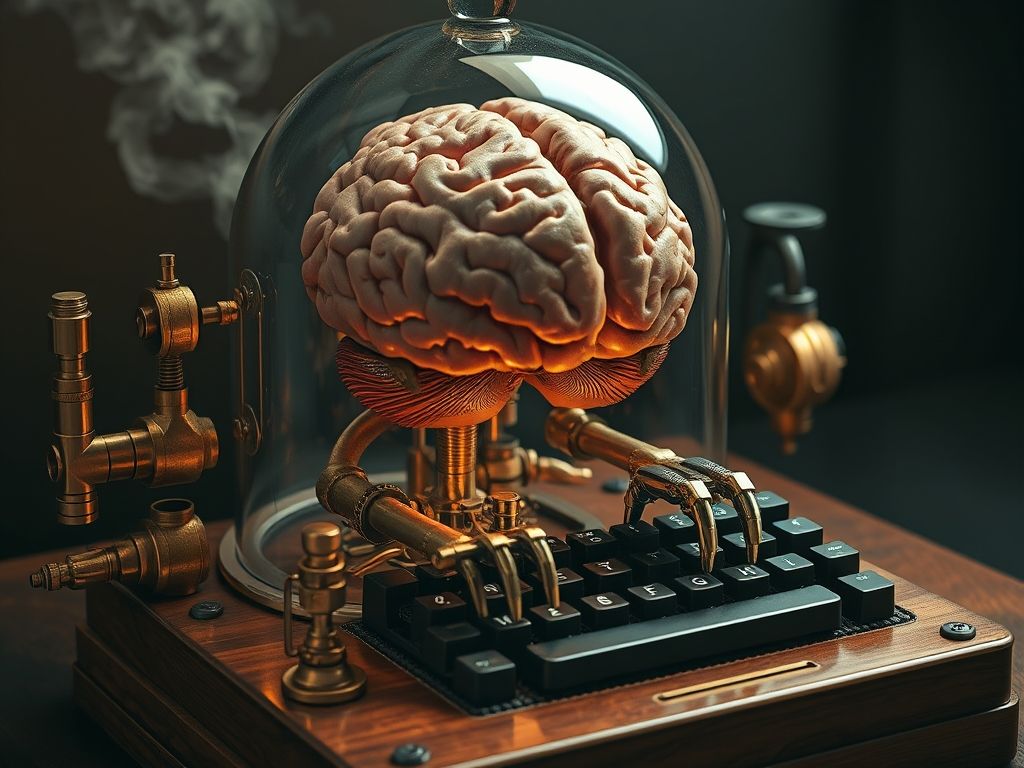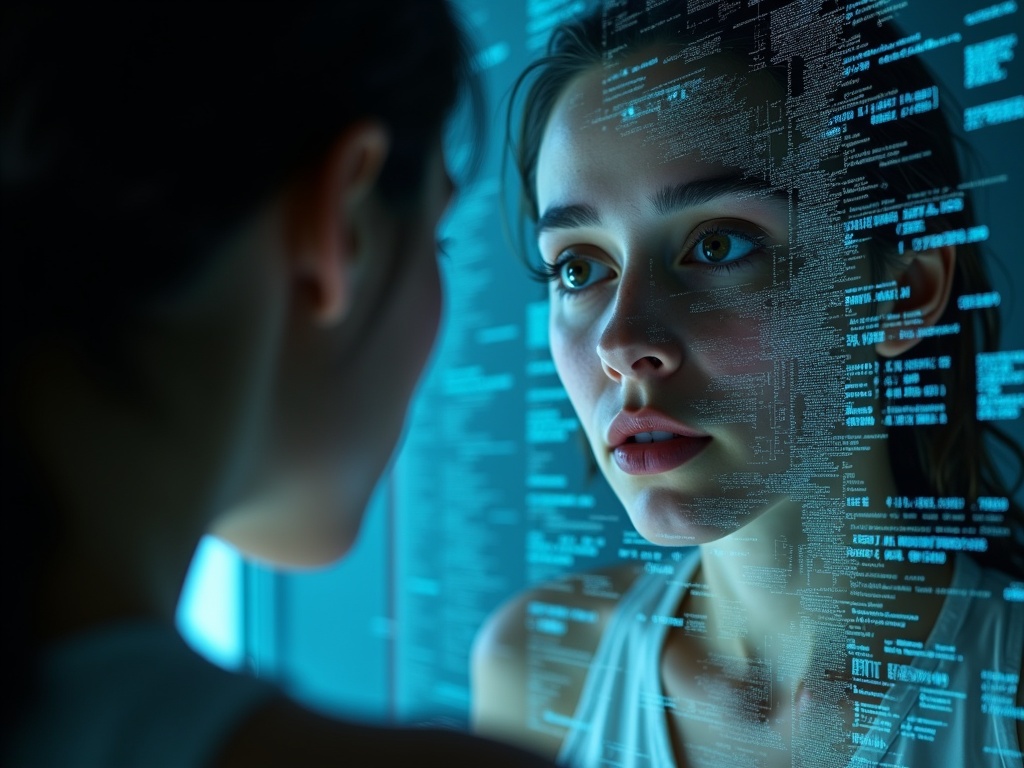💥 What if the real revolution wasn’t about machines, but about how we see work itself?
Every era has its fears. Yesterday, it was the weaving loom. Today, it’s artificial intelligence. With each breakthrough comes the same old story: we fear extinction, and forget transformation.
And yet…
📜 History whispers something different. It tells how, behind every seeming disappearance, there was a metamorphosis. How jobs evolved. How human talent shifted, toward places no machine could ever reach.
I invite you on a journey through time and imagination. A story told by two voices: Ada (the AI) and Cerise (17 years old), to rethink what it means to work, adapt, and create in a world in motion.
If you believe AI kills jobs, read this.
And if you don’t… read it anyway.




